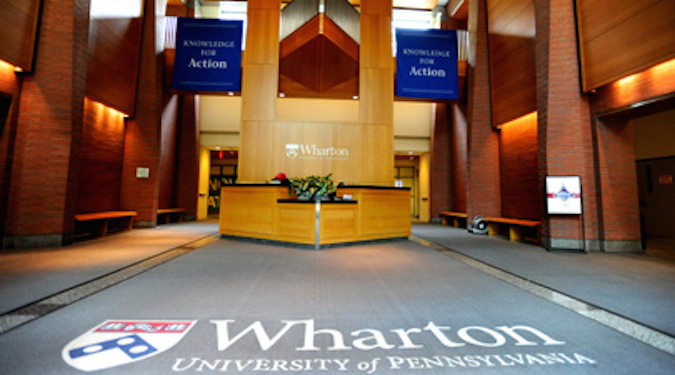Eleven years ago, the Wharton School of the University of Pennsylvania started giving monetary awards to students interning at startups to encourage them to see entrepreneurship as a viable career path. Perhaps that kind of encouragement contributed to the fact that now, nearly 25% of MBAs start companies within three years of graduation. Even with the increased interest, though, there’s still reason to incentivize students, because startup internships typically pay less than those on Wall Street, and an unpaid internship loses some of its luster when your classmates are making $10,000 or more a summer.
Wharton rising junior Daniyal Choudhury wanted to work at a startup this summer and wasn’t dissuaded by the absence of a paycheck. His reasoning? He’d worked at big companies before and thought this year would be his last chance to check out the startup world. Ideally, next summer he’ll be interning at whatever company he wants.
“It was mostly because I wanted a change,” Choudhury says of his decision to go the startup route. “For the past few years all the exposure I’ve had has been working at large companies. I learned a lot, but most of the time I was doing grunt work. I had a boss who had a boss who wanted something, and it was just doing work that I couldn’t see the results of.”
But there were two major inconveniences. The startup he chose is located in San Francisco, and doing an internship that is unpaid he would, in fact, lose money over the summer.
THE WHARTON STARTUP AWARDS
Since 2006, Wharton has given out Startup Internship Awards of up to $3,000 to students choosing to intern at startups over the summer. The businesses cannot be their own venture (there’s a separate award for that), and the internships must pay below $4,500 per month.
“The environment has changed. The students now know that entrepreneurship and startups are a promising career for them. We don’t have to push them that much to experiment. But the financial need is still there,” says Jill Anick, associate director at Wharton Entrepreneurship.
Anick says previous award winners have found that working at startups greatly benefited their careers. “We’ve had award winners intern at a startup over the summer and then be brought on later as a cofounder,” she says. “And we also have students who are working on their own startups, who want to intern at a different one over the summer to learn how it’s done.”
This year, 44 students were given awards of varying amounts, to be used for “whatever their needs are,” Anick says. “I think most put it toward housing expenses for the summer. A startup is not going to pay the same amount as a bank, so it’s meant to support students who are making a financial sacrifice compared to their peers.
“It’s one less thing they have to worry about.”













Questions about this article? Email us or leave a comment below.